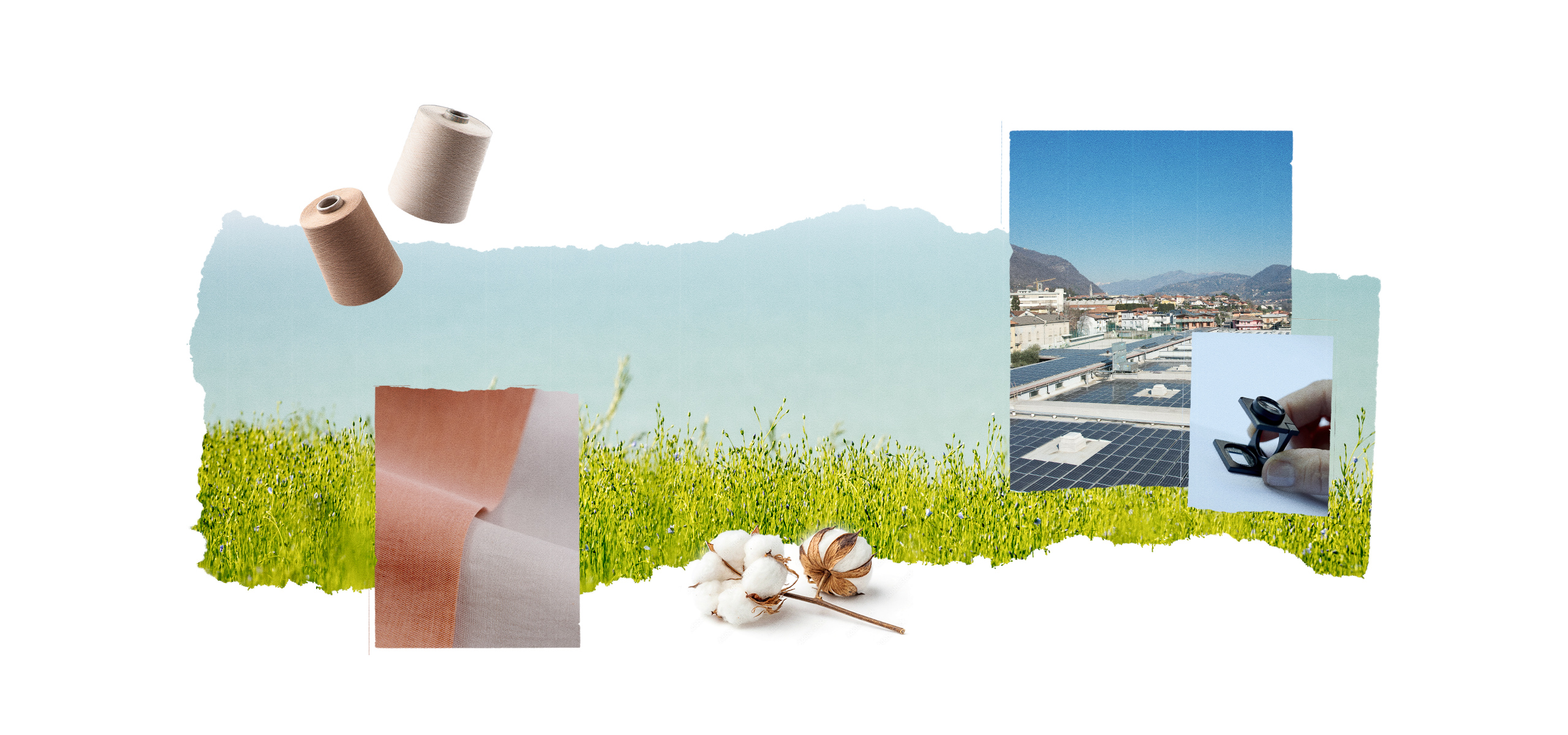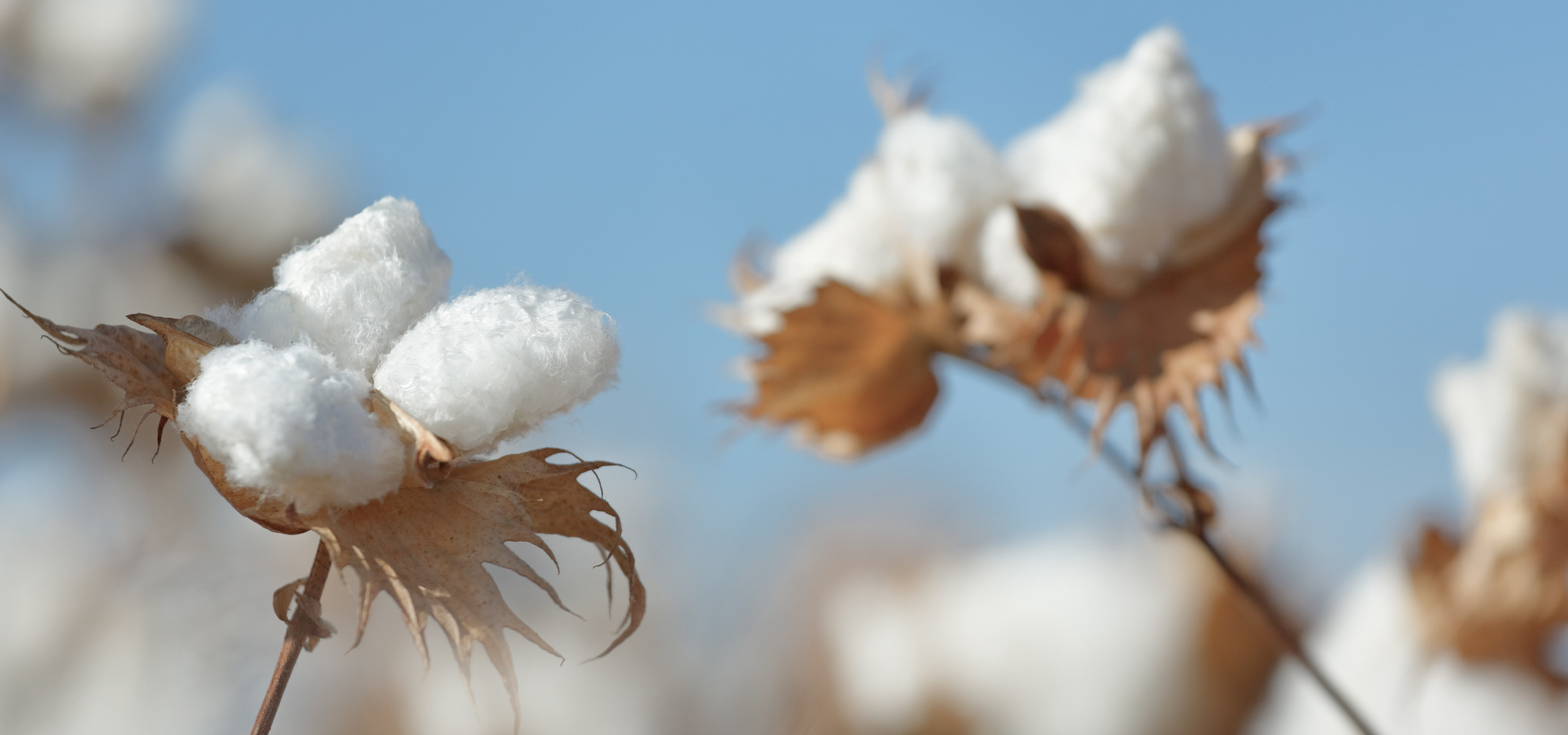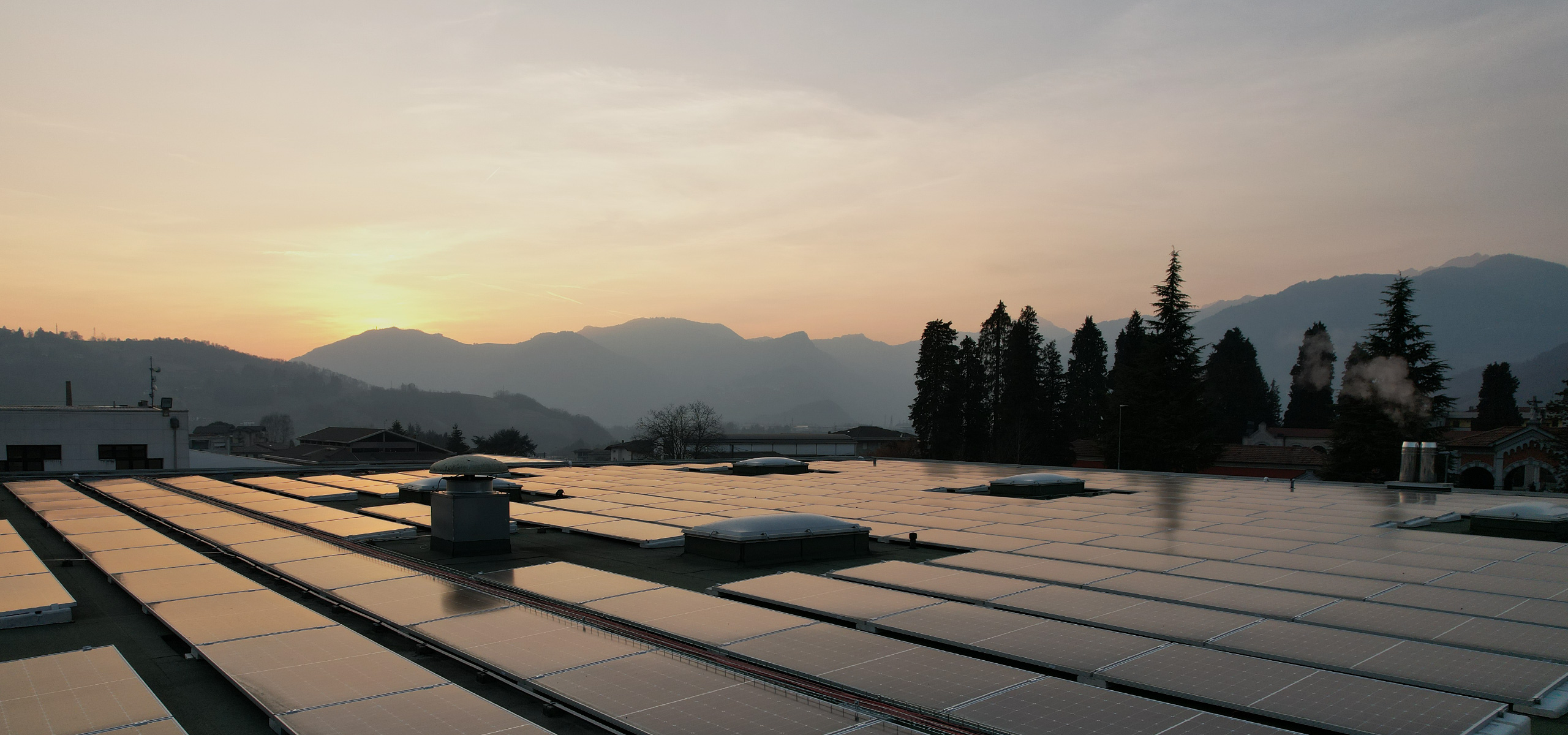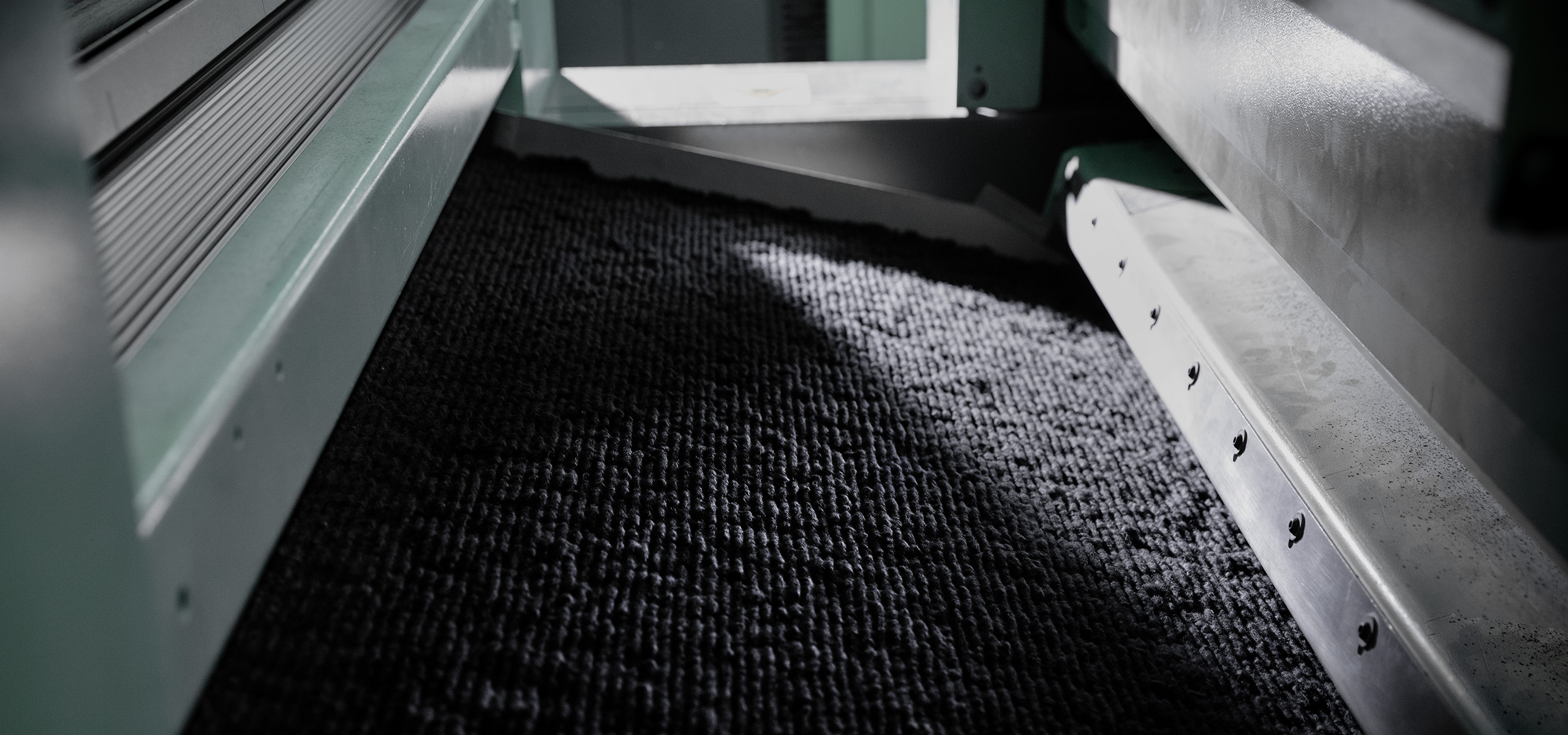Our 2024 Sustainability Report provides detailed insights into Albini Group’s activities and initiatives aimed at minimising our environmental impact, strengthening corporate social responsibility, and promoting ethical practices.
Raw materials and supply chain traceability
- Fully verticalised and traceable supply chain
- Product and process certifications: GOTS, OCS, BCI, RegenAgri, European Flax, Masters of Linen, Oeko-Tex, ZDHC, GRS, RCS
- 45% of incoming cotton certified organic
- 96% of incoming linen certified European Flax
- Participation in the Trace4Sustainability protocol to establish an internal monitoring system for supplier sustainability ratings
Environmental protection and respect
- 33% of electricity needs covered by renewable sources, 15% of which from self-produced photovoltaic systems
- Water consumption managed according to the WWF Water Risk Filter, with customised plans for facilities using wet processes
- Official ZDHC contributors since 2018, committed to eliminating hazardous chemicals
- 2 production sites awarded the “4sustainability Chem Excellence” level under the 4sustainability Chemical Management protocol
- Responsible waste and by-product management, with circularity and recycling projects covering 87% of total waste produced
Value of human capital
- Respect, encouragement of diversity, and cultural exchange as key values in people management
- Launch of Albini Campus, the platform designed to foster continuous learning, collaboration, and professional growth for Albini Group employees
- Promotion of the performance evaluation project
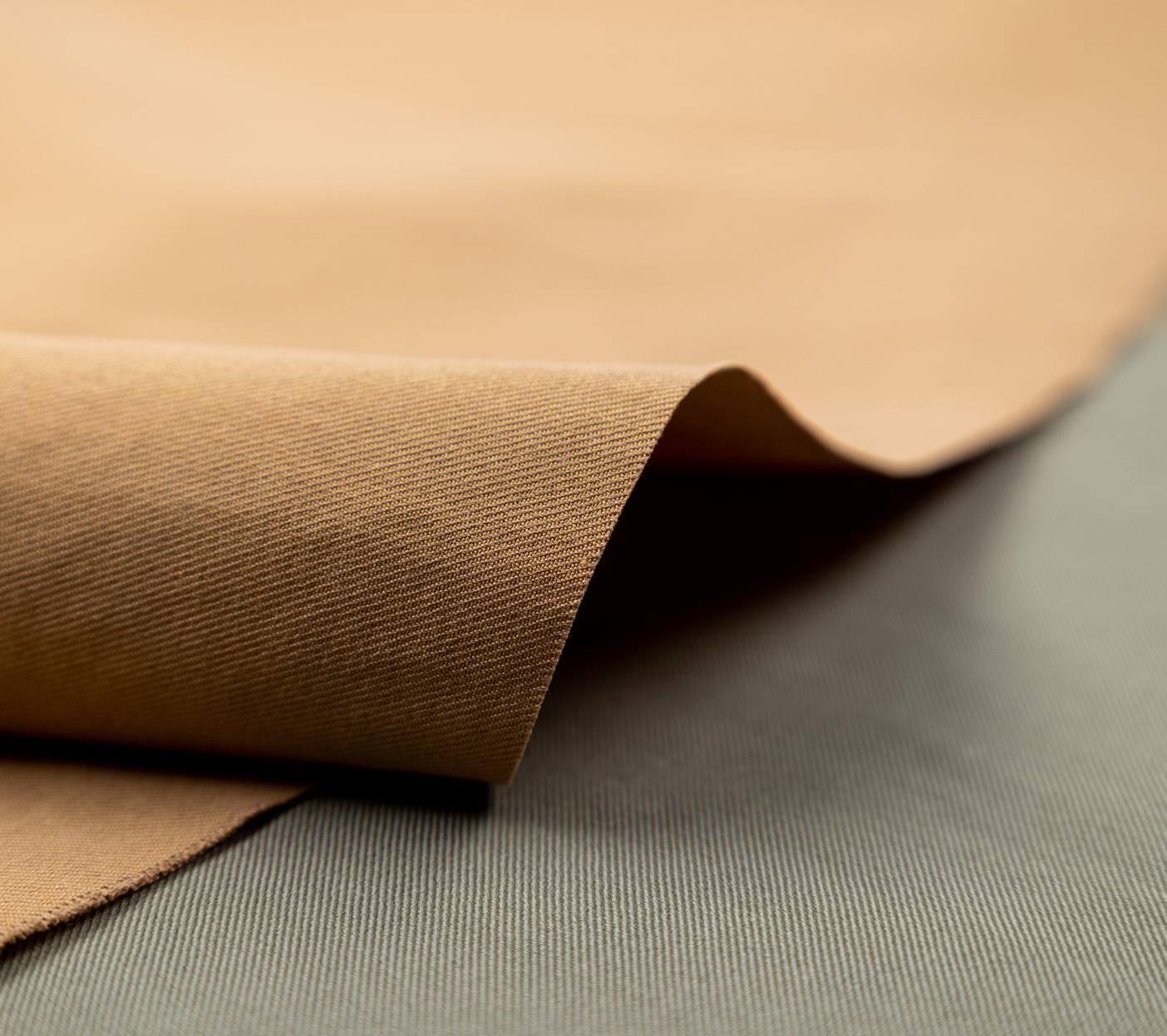
Customer care
- Chemical and ecotoxicological tests carried out on yarns and fabrics
- In-house fabric laboratory accredited by ACCREDIA
- Provision of full documentation on raw material origins and product journey along the supply chain, with the possibility of creating fully traceable fabrics through forensic science
- Dedicated office for managing traceability issues and completing sustainability questionnaires
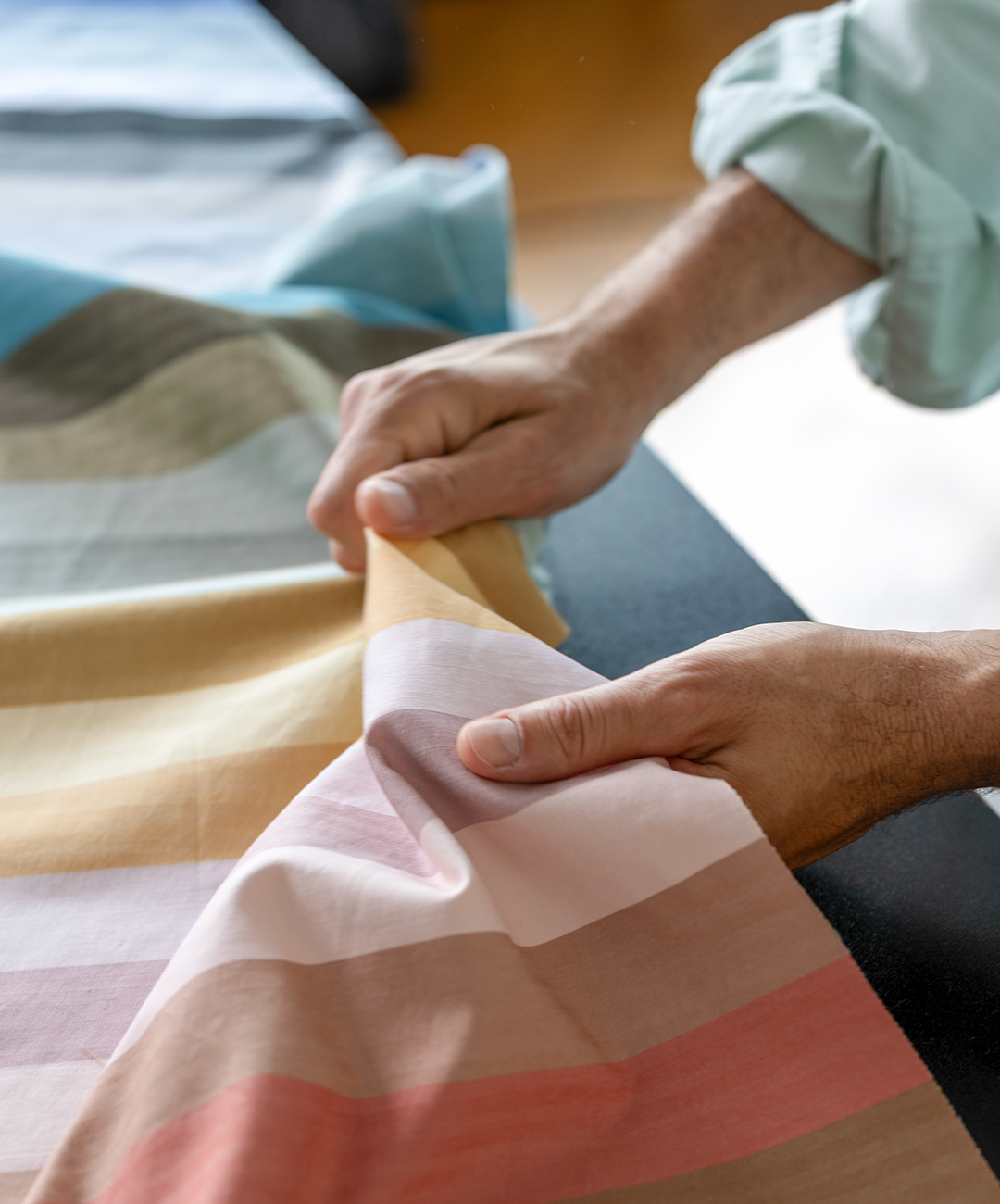
Product design and R&D
- 82% of fabrics produced are either single-fibre or made from blends of compatible fibres, enabling easier recyclability
- 34% of the Albiate 1830 collection made with recycled raw materials
- ALBINI_next continues to implement innovative sustainable products and processes across the entire production chain
- Launch of Studio, the Albini 1876 collection line dedicated to textile research
Read the Sustainability Report

